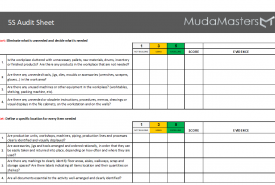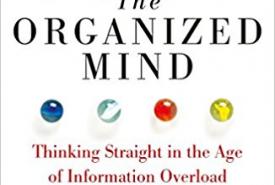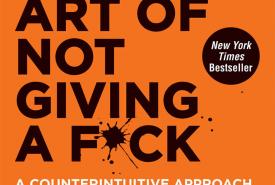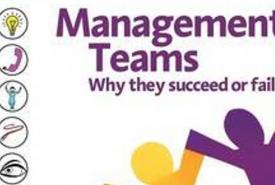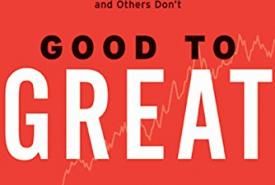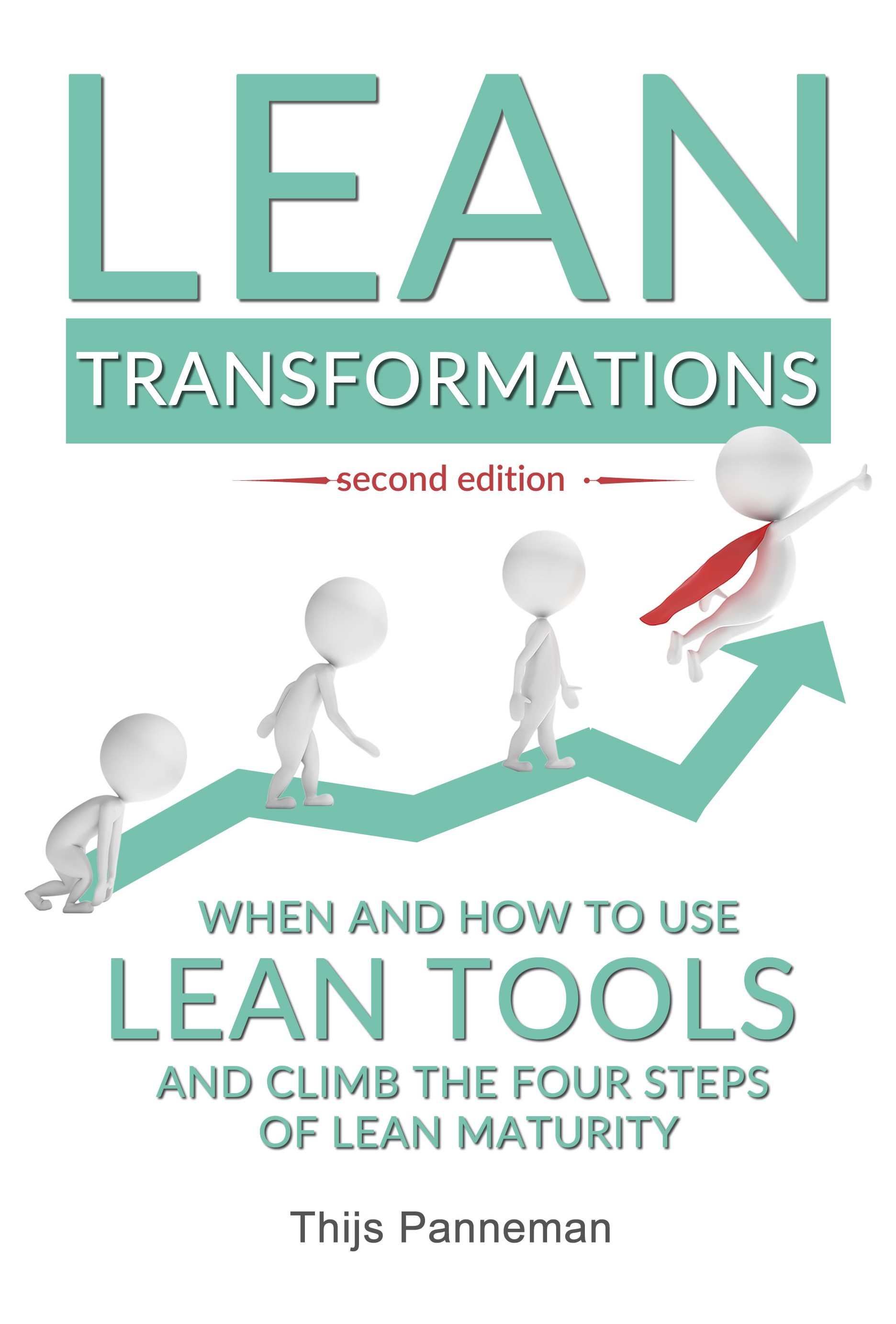Riding the Waves of Culture - F.Trompenaars (summary)
In Riding the waves of culture, Fons Trompenaars describes 7 cultural dimensions and the effects of this in a time of globalization in which people from different cultures do business with each other. According to Trompenaars, culture describes what products and services mean for a group of people, how problems are solved, and how people interact with each other in an organization.



